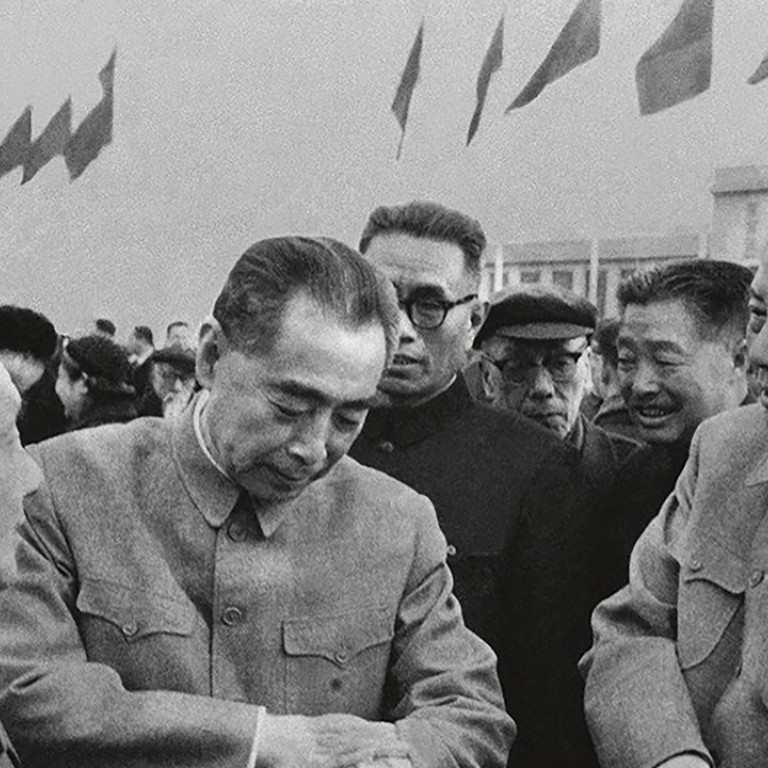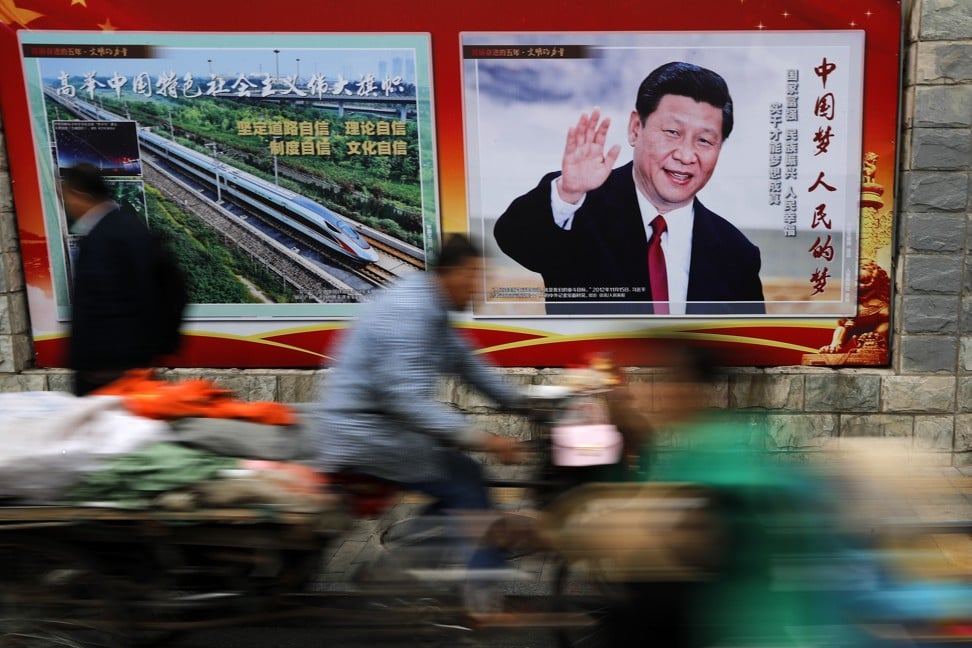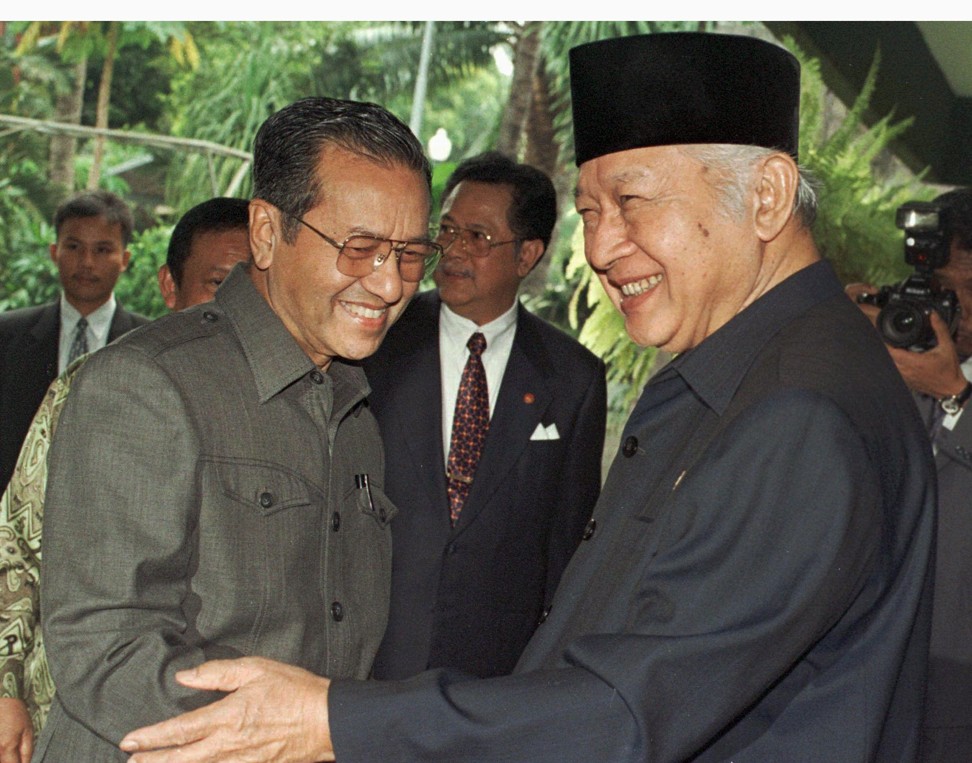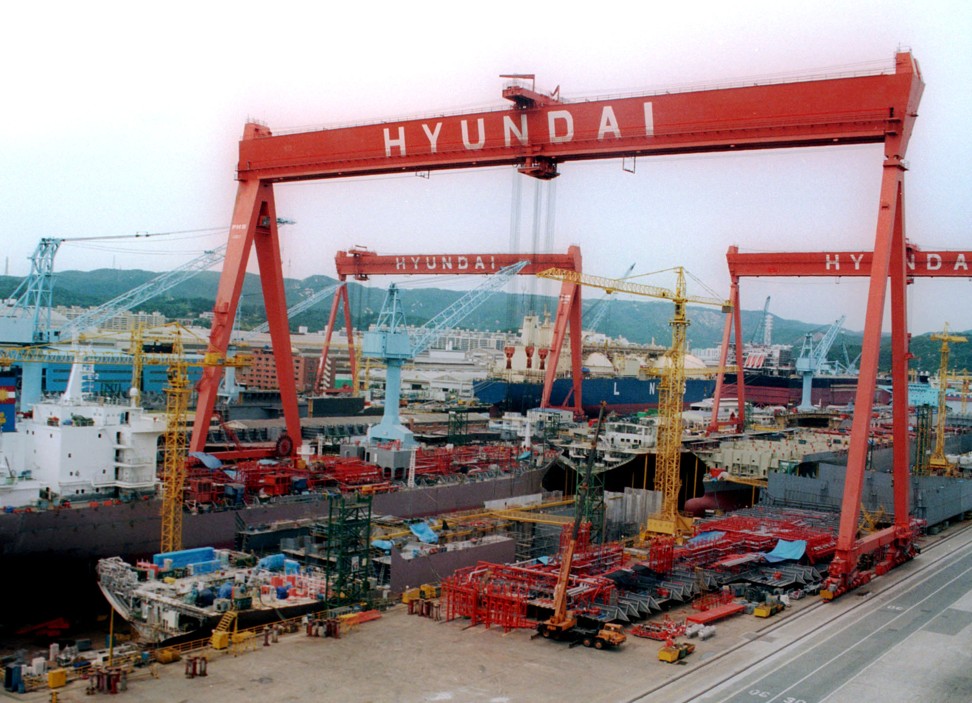
Asia’s record shows rulers can outperform democrats, but what if they get the wrong ideas?
The inconvenient truth is that most of Asia’s economic miracles were nurtured by authoritarian regimes. But the problem with autocrats is they become the sole decision-makers, so if they listen to the wrong people, things can go awry
Ever since China’s Communist Party revealed that it would scrap term limits on the presidency -- meaning the post’s current occupant, Xi Jinping, can now serve for life -- there has been much hand-wringing over what one-man rule could mean for the Chinese economy.
Autocracies, we’re told, never end well, leaving economists and the business community concerned that the reforms the economy requires to return to solid footing, already slow in coming, may never be implemented.
There’s cause for worry. While authoritarian regimes can show brief flashes of brilliance (remember Sputnik), they’ve proven again and again incapable of sustaining the creativity and innovation necessary for long-term economic success. Ideologically, we tend to believe that economic progress and democracy go hand in hand, and with good reason. Of the world’s 10 largest economies, only one, China, isn’t democratic.

That roster, of course, includes China. Despite all the fuss over Xi’s power grab, China’s rise to economic greatness took place entirely under authoritarian regimes (remember Tiananmen), albeit ones premised on cooperation among major leaders and factions.
The theory that authoritarian governments can impose policy consensus more easily than multi-party democracies holds some merit. Critical reforms in a country like India are often stymied by the political conflict ingrained in the democratic process.
But if that were the whole story, then all dictatorships would be economic powerhouses. The case of Asia’s hyper-growth economies suggests what is important isn’t autocracy itself, but what policies the autocrat chooses to impose -- and, more importantly, to whom he listens.
Historically, Asia’s most successful strong men have all benefited from remarkably sound economic guidance. In South Korea, long-serving ruler Park Chung-hee insisted that top economic posts be filled by highly trained economists and other professionals.

Similarly, in Taiwan, Chiang Kai-shek more or less left economic management to a group of technocrats. Suharto in Indonesia produced his best economic results when under the sway of a “mafia” of Berkeley-trained economists.
The fact that Asia’s political leaders often had little background in economics may also have proven a plus. Devoid of ideological preconceptions, they were more open to experimentation.
Lee Kuan Yew, the patriarch of Singapore, told me in 2007 that “by nature and experience, we were not enamoured of theories. What we were interested in were real solutions to our problems and not to prove somebody’s theory right or wrong.”
China expert Barry Naughton once wrote that Deng Xiaoping, who spearheaded his country’s reform movement, “never said anything original about economics or economic policy.” That seemed to leave Deng’s mind open to the wise ideas of others, such as ending the agricultural commune system and welcoming foreign investment.
The problem with autocrats, though, is that they become the sole decision-makers regarding policy of all sorts. So if they listen to the wrong people, things can go badly awry.
The professionals in Asia were usually in competition with other factions close to the top leader, often cronies, for control of economic policy.

Park had his pet business chiefs, too, including Chung Ju-yung, founder of the Hyundai conglomerate, and Kim Woo Choong, who built the Daewoo Group. That led to a corrupt government-business nexus that plagues the nation to this day.
So the question facing China is: Who will have Xi’s ear, and what will they be saying?
Liu He, who has been advising Xi on economic matters, is expected to gain sweeping powers over the economy at the National People’s Congress which began this week.
Liu, educated in the US in business and public administration, has impressed observers with his pro-market sensibilities on policy. But Xi looks set on remaining in power for a long time.
What advice he’ll get, and from whom, is far from certain.
Michael Schuman is a journalist based in Beijing and author of “Confucius: And the World He Created.”

